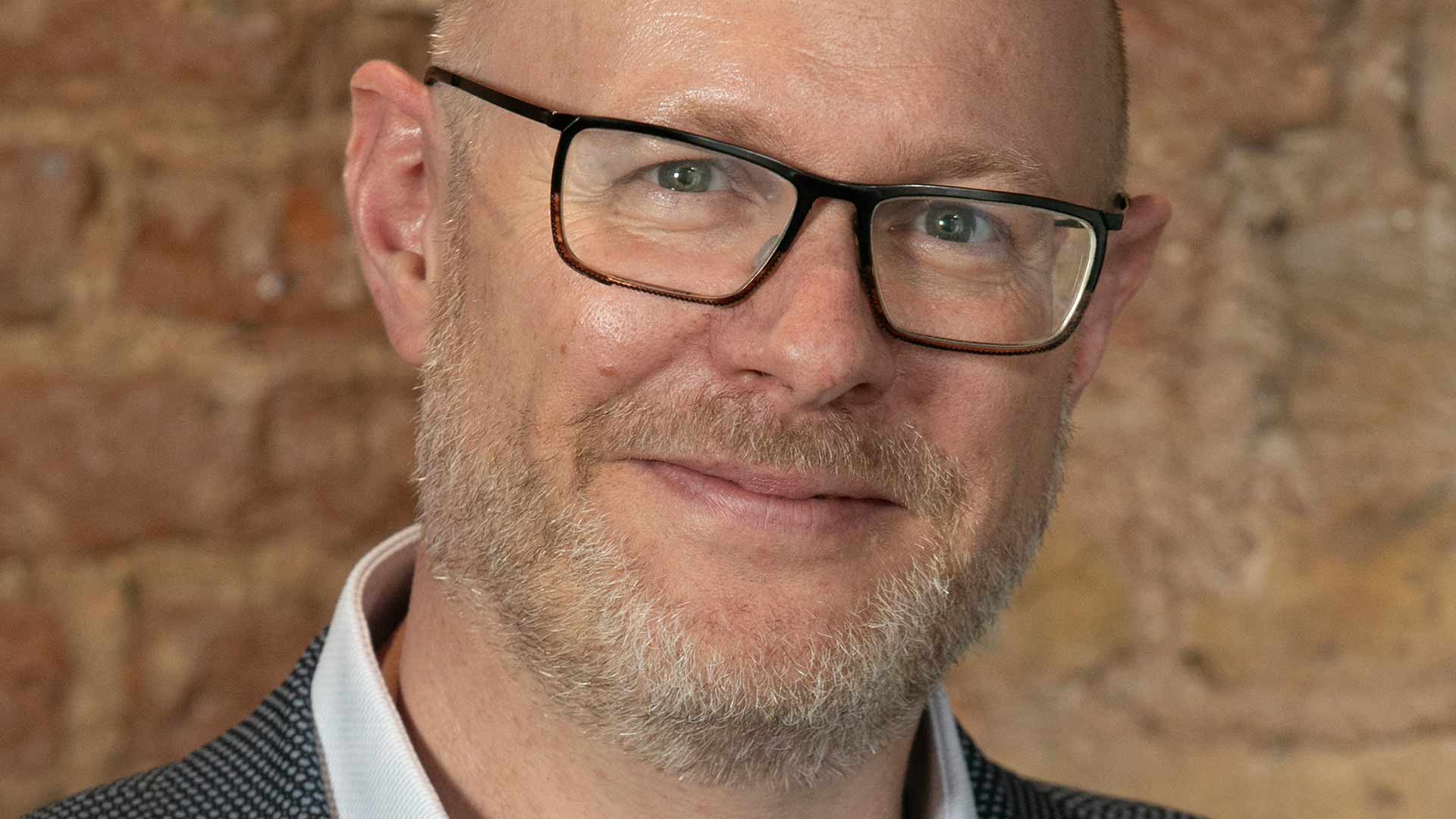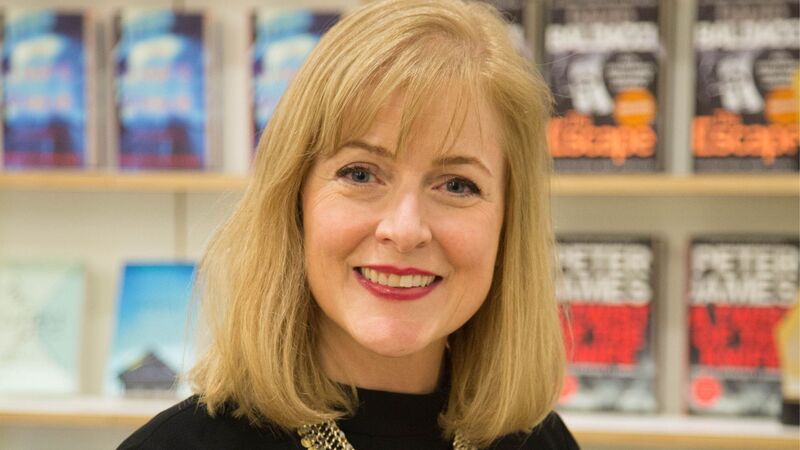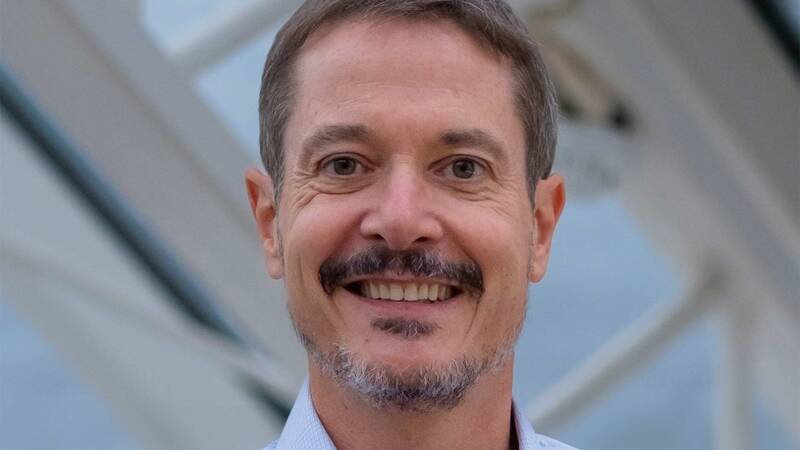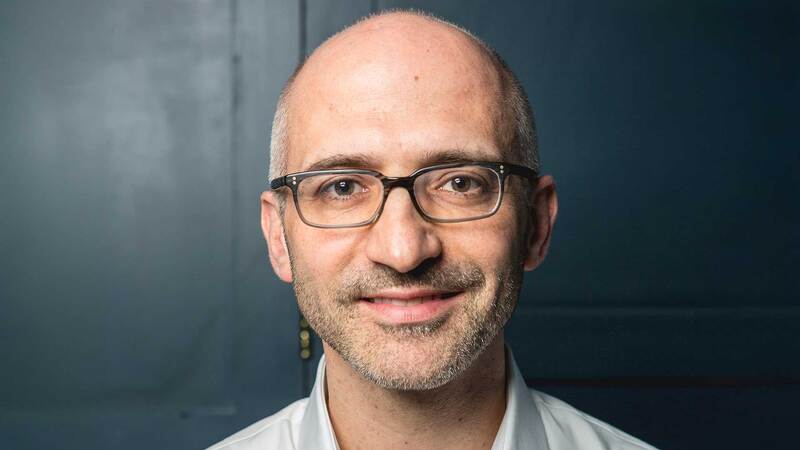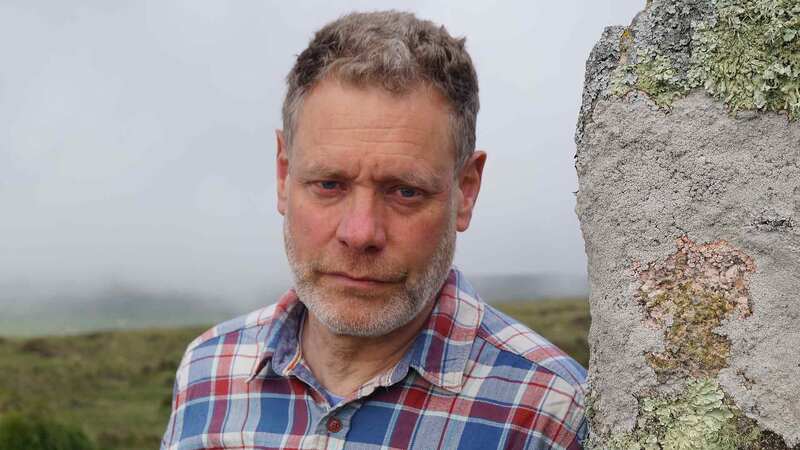Mundy, Mundy: the Aevitas Creative Management boss and prize director doubles up
Toby Mundy prepares for a busy autumn of a full-up Frankfurt and a robust defence of the Baillie Gifford Prize
"Agenting needs scale these days,” Toby Mundy says. “We have to have great services for clients and a global perspective. We have to be able to justify our 15%.”
Mundy and I are in the swish yet cosy Aevitas Creative Management UK offices on Great Ormond Street, talking in the main about the agency and the state of play in sector, but also why five years ago he decided to fold his Toby Mundy Associates into the big US player ACM and launch the company’s British outpost.
Size was part of the equation, but it wasn’t the thing that won the day. Mundy says: “Sure, ACM is a big agency with Hollywood stars, Pulitzer Prize winners, distinguished journalists and all kinds of interesting folk on their roster. But I liked the culture: junior staff ran meetings; there is an archive and resource of problem solving forums; there is a robust back office. This does sound like corporate flag waving—but it also happens to be true—that they have thought of every possible aspect of running a good agency.
“So I realised that if I hitched my little wagon to their big wagon, I would have access to more international clients—and that we could try and continue to build here in the UK a creative and collaborative agency.”
Build is the apposite word as part of Mundy’s remit was to add experienced agents to the mix. ACM UK heads into this Frankfurt Book Fair with two brand new additions: Valeria Huerta, coming from her eponymous agency, and Morwenna Loughman, who joins from The bks Agency. This brings the roster up to 10 full-time agents, plus subsidiary rights director Vanessa Kerr.
Part of the strategy apes Mundy’s own entrée into the agency: inviting sole traders into the tent. In the last two years Charlie Brotherstone, Emily Sweet, Charlie Viney and Jack Ramm have all brought their agencies under ACM’s aegis (there have been departures, though, including Sara O’Keeffe moving to Andrew Nurnberg and Max Edwards leaving to relaunch Apple Tree Literary).
It seems to me that in this climate, the mission of the prize—to recognise expert writers who can communicate original ideas that are relevant to us all—is more important than ever
So, is the plan to keep ACM UK growing ad infinitum? Mundy says: “Maybe not forever but we want more scale; we’d certainly like to have more fiction agents. And our model works well with owner-agents at a certain point in their careers. As a sole proprietor/agent, in your first year you’ll spend about 5% of your time on admin, about 95% chasing clients. Those percentages then start to shift when by, say, year 10 it’s about 95% admin. And it gets to the point where you have to find another solution: hire more staff or plug your business into another.”
Mundy is an east Londoner (Hackney-born, Walthamstow-raised) and “son of a shopkeeper” who had not considered books as a career. But a suggestion at a dinner party led to one of the three slots on the first HarperCollins graduate training scheme (not a bad strike rate in that initial intake as now-Cornerstone m.d. Venetia Butterfield was one of the other two).
He spent a few years at HC, then moved to Weidenfeld until being approached in 2000 by Grove Atlantic owner Morgan Entrekin to found an affiliated outpost of the American indie. Mundy launched Atlantic Books a year later, which had a number of successes under his stewardship—most notably Aravind Adiga’s The White Tiger winning the 2008 Booker—leaving in 2014 after the company’s acquisition by Allen & Unwin.
The shift to agenting had much to do with being used to acting as an indie: “I suppose I could have persuaded a nice corporate publisher to give me a corner office, but I had so much freedom as an independent.” His own list is almost entirely non-fiction, though he had released plenty of novels as a publisher. “It’s because I thought I couldn’t help the authors enough,” he explains. “In fiction, particularly literary fiction, even if you have a writer with a strong voice, the chances of selling are maybe 25%. And the outcomes are often bad for novelists; you end up having to spatula them off the floor. Non-fiction is a different model—I probably sell 90% of what I go out with—it’s more reliable, the publicity can be easier, though you might never get those huge upsides you can sometimes get in fiction.”
Over his career, Mundy has been to 22 Frankfurts, and is pretty chipper as ACM heads into the 2024 edition, with a number of titles (see sidebar) getting significant international traction, perhaps led by the Maria Cardona Serra-repped Badass Daughters of the Sky Lady by the Ghanaian novelist Ayesha Harruna Attah.
Yet he notes some factors that are currently making global rights-trading more difficult: the impact in the Nordics and the Netherlands, in particular, from inexpensive English language imports; a flat Spanish market; and American publishers’ being “less bullish about writers from these Isles if they don’t have a US platform”. He adds: “Some of the slack has been taken up by the East Asian countries but the net effect is [selling rights from Britain] has gotten trickier. Certainly publishers from a lot of territories are more risk averse, and take a lot longer to acquire.”
Baillie Gifford oversight
It will be a very busy autumn for Mundy as he is not only leading ACM through this key season but there is the Baillie Gifford Prize for Non-Fiction to oversee, with the shortlist announced on the eve of Frankfurt (10th October). Mundy has been director of the award since 2015, its last year under its original name, the Samuel Johnson Prize for Non-Fiction, before Baillie Gifford became headline sponsor.
The prize has grown under Mundy’s directorship, and is pretty close to founders Stuart Proffitt and Dotti Irving’s vision of essentially making it the non-fiction Booker—both in sales uplifts for the winning and shortlisted books, and brand recognition among readers and retailers.
But that sound you hear is the trumpeting of the elephant in the room as, of course, Baillie Gifford’s sponsorship of many book festivals—including Hay and Edinburgh—was ended recently due to pressure from campaigners, led by Fossil Free Books, which objected to the investment firm’s ties to fossil fuel firms and Israel.
Mundy says the prize itself has “not been the subject of any direct campaigning”. He adds: “We obviously were very aware of the campaign with regard to the book festivals over the summer, and I think the campaigners’ objectives are entirely understandable and legitimate. But the prize board has looked into Baillie Gifford’s strategy—and having noted that they have said there’s no future in fossil fuels; that they have 1% of their portfolio in fossil fuels when the [financial] industry average is 8%; and some of that ‘fossil fuel’ investment is companies transitioning to renewables—we’ve concluded that they are good partners. More importantly, they are aligned with our objective to reward the best in the best in contemporary non-fiction.”
Mundy points out that the Baillie Gifford 2023 winner, John Valliant’s Fire Weather, tackles an environmental catastrophe caused by hydrocarbons. He uses that and other titles—like the 2022 winner, Patrick Radden Keefe’s exposé of the Sackler dynasty’s role in the opioid crisis, Empire of Pain—to argue the need to keep the Baillie Gifford prize fully-funded.
He says: “To paraphrase Orwell, comment is free but facts are expensive. We live in a world of disinformation and social media-fragmented opinion. It seems to me that in this climate, the mission of the prize—to recognise expert writers who can communicate original ideas that are relevant to us all—is more important than ever. To have a public space to communicate these ideas [like the Baillie Gifford prize] is extremely important, but the model needs to be supported.”
ACM's Frankfurt hotlist
The Nord Stream Conspiracy
Bojan Pancevski
The Wall Street Journal’s chief European political correspondent’s “definitive” story.
Agent Toby Mundy
The Specialised Mind: How Neurodiversity Evolved and Why it’s Essential to Human Success
Dr Adam Hunt
Hunt “blows the lid” on mainstream psychiatry by presenting an alternative paradigm.
Agent Toby Mundy
Firefly
Natalia Litvinova
The 2024 Lumen Prize for Fiction winner’s “dazzling” début set between Chernobyl and Buenos Aires.
Agent Maria Cardona Serra
Rights World Spanish (Lumen)
The Big Hop: The First Nonstop Flight Across the Atlantic
David Rooney
An account of the most audacious aviation challenge that had ever been attempted.
Agent Jack Ramm
Rights UK/Comm excl. Canada (Chatto), North America (Norton)
Forks in the Road: Michelin, the Motorcar and the Invention of Fine Dining
Nina Caplan
A history of the guide.
Agent Emily Sweet
Rights UK/Comm excl. Canada (Little, Brown), North America (Bloomsbury)




